Application Deadline for Summer 2025: May 26
Course redesign Workshop
Summer-Fall 2025 (Virtual)
Summer Application Deadline: May 26, 2025 notifications sent: May 28, 2025
Expect great discussion with community college faculty colleagues representing a number of institutions and academic disciplines. Workshops will feature seminar discussion in a collaborative and supportive environment, conducted online through Zoom.
The online Workshop
The Great Questions Foundation Course Redesign Workshops focus on helping faculty members incorporate the discussion-based study of transformative texts in general education courses they teach at community colleges. In each workshop, 10 community college faculty members will collaborate with two experienced faculty leaders on developing discussion-based pedagogy, student-centered study questions, assignments and a redesigned syllabus for a general education course they teach at their home institution. Expect to have meaningful and helpful discussions with community college faculty colleagues representing a number of institutions and academic disciplines from all over the country. Workshops will feature seminar discussion in a collaborative and supportive environment, conducted through Zoom.

Focus
Each workshop will focus on a grouping of transformative texts from The Great Questions Foundation’s Transformative Text List. Workshops pair an ancient/classic text(s) with a modern or contemporary text, emphasizing the persistent human questions raised by each text across spans of time, place and culture. These workshops are less about engaging with these texts as experts and scholars and more about learning how they can help us productively raise persistent human questions with our students in the courses we teach. Each workshop will include four meetings over Zoom lasting two hours each, running for four consecutive weeks. Some texts will be read in excerpt. Upon completion of the workshop, faculty participants will each have incorporated the discussion-based study of one or more of the texts we will read into the curriculum of a general education course they teach.
Workshop Impact

1,500-1,600 Students
at 28 different institutions have completed courses impacted by our summer curriculum redesign workshops.
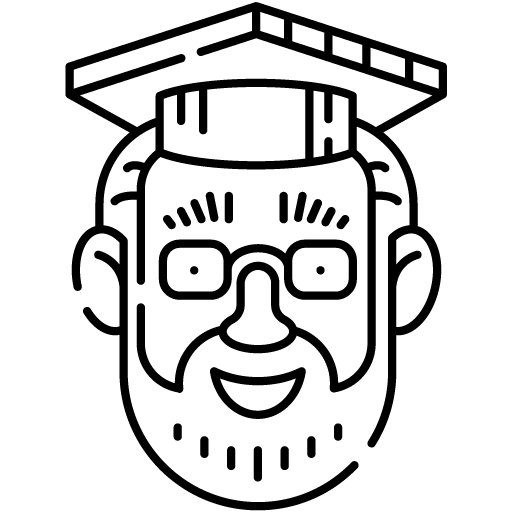
92% of faculty
respondents agreed or strongly agreed that their participation in a TGQF Summer Workshop helped them incorporate more discussion-based learning in the classes they teach.

enhancing confidence
The workshops played an important role in enhancing the confidence of the faculty in facilitating student-centered, discussion-based courses.

Students reported that these courses were among the most meaningful they have completed at their institutions.
These courses stand out at the institutions where they are offered in providing students with an opportunity to engage in discussion-based learning. 98% of student respondents reported that their TGQF supported redesigned courses, which included many opportunities for participation in class discussion when compared with other courses they have taken at their institution. In these discussion-based courses, students felt free to engage with a diversity of viewpoints and ideas. 89% of respondents agreed or strongly agreed that they felt free to explore opinions and/or points of view that are unpopular and/or not widely held in these redesigned courses.
Join Our Workshop
Workshops will feature seminar discussion in a collaborative and supportive environment, conducted through Zoom.
eligibility
This opportunity is available to current community college faculty members who teach general education/core curriculum courses at accredited US institutions.
Deadlines
The summer application deadline will be May 26; notifications will be sent May 28.
Fall application deadline will be August 25, Notifications sent August 27. Applications will open in June.
Stipend
Participants will receive a $600 stipend stipend from The Great Questions Foundation upon successful completion of the workshop
Summer One | Course redesign Workshop
Summer Application Deadline: May 26 notifications sent: May 28

June 2025 Workshop
Four consecutive Mondays, from 11:00 AM-1:00 PM Central via Zoom for 4 sessions:
June 9
June 16
June 23
June 30
Led by:
Anne Arundel Community College (MD)
&
Sarah Jacob, Miami Dade College (FL)
Organizing Questions
Workshop texts
Why is this text Transformative?
Kafka
Why is this text Transformative?
Freud
Workshop Leaders
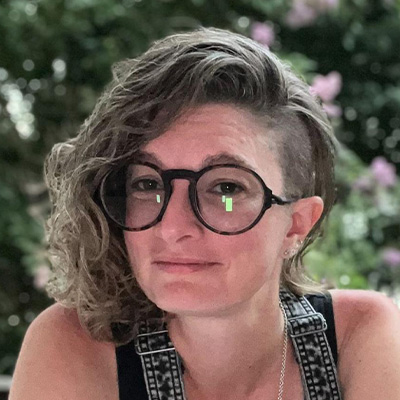
Candice Mayhill
Anne Arundel Community College | Maryland | English, Liberal Arts
Candice Mayhill is Candice Mayhill is a Professor of English and the co-convener of the Center for Liberal Arts Work at Anne Arundel Community College in Maryland. Her scholarly interests lie in the poetry and letters of Emily Dickinson, lyric poetry, cultural thanatology, and marginalized voices and genres in American Literature.

Sarah Jacob
Miami Dade College (FL)
Coming soon
Summer Two | Course redesign Workshop
Summer Application Deadline: May 26 notifications sent: May 28

July 2025 Workshop
Four consecutive Tuesdays, from 9:00 AM-11:00 AM Central via Zoom for 4 sessions:
July 8
July 15
July 22
July 29
Led by:
Organizing Questions
What is free will? Or are human lives determined by outside factors?
Workshop texts
Why is this text Transformative?
Chopin
Why is this text Transformative?
Nietzsche
Workshop Leaders
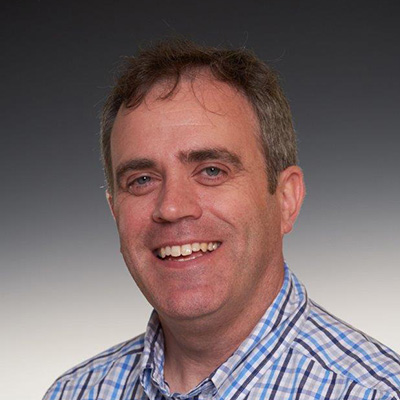
Patrick Kenny
Onondaga Community College | New York | Philosophy
Patrick Kenny, Ph.D., is a Professor of Philosophy at Onondaga Community College in Syracuse, NY, where he has taught for over fifteen years. He is a graduate of the University of Galway in Ireland (B.A. Philosophy and English; M.A. Ethical and Cultural Studies) and the University of Rochester (Ph.D. Philosophy). He has taught a wide variety of philosophy courses at Onondaga and has written an accessible textbook for introductory Logic that is specifically aimed at community college students (Does it Follow? A First Course in Logic. Kendall Hunt, 2019). Recently, he was co-PI for the implementation of a Teagle/NEH Cornerstone grant, and has been heavily involved in the development and teaching of a content-rich first-year seminar course that encourages students to learn more about the liberal arts, and themselves, through an emphasis on enduring questions and enduring texts.

Sunny Heenen
Austin Community College (TX)
Coming soon
Summer Three | Course redesign Workshop
Summer Application Deadline: May 26 notifications sent: May 28

August 2025 Workshop
Four consecutive Mondays, from 9:00 AM-11:00 AM central via Zoom for 4 sessions:
August 4
August 11
August 18
August 25
Led by:
Organizing Questions
What is free will? Or are human lives determined by outside factors?
Workshop texts
Why is this text Transformative?
Toni Morrision
Why is this text Transformative?
The Epic of Sundiata
Book Page Coming Soon
Workshop Leaders
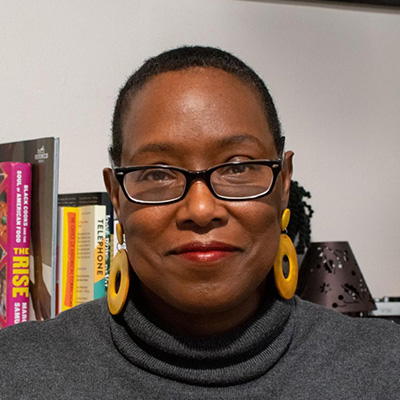
Gayle Williamson
Cuyahoga Community College | Ohio | English
Gayle Williamson is an Associate Professor of English at Cuyahoga Community where she teaches College Composition, African American Literature, and Creative Writing. She holds an M.F.A. in Creative Writing from Bowling Green State University. She is the editor of two memoirs and the author of one photo book called Homemade Soul which tells the stories of people and their favorite comfort foods. She is an adamant advocate of literacy for all, and believes in the transformative power of stories. When she is not teaching and sharing her love of reading and writing, she is telling stories through photography. Gayle is a happy empty-nester, living in Cleveland, Ohio with her husband.
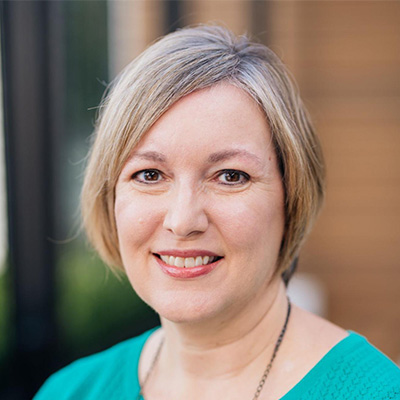
Natasha Whittonn
Baton Rouge Community College (LA)
Coming soon
Workshops Fall 2025-Spring 2026
Fall application deadline: August 25. Notifications sent August 27. Applications will open in June.
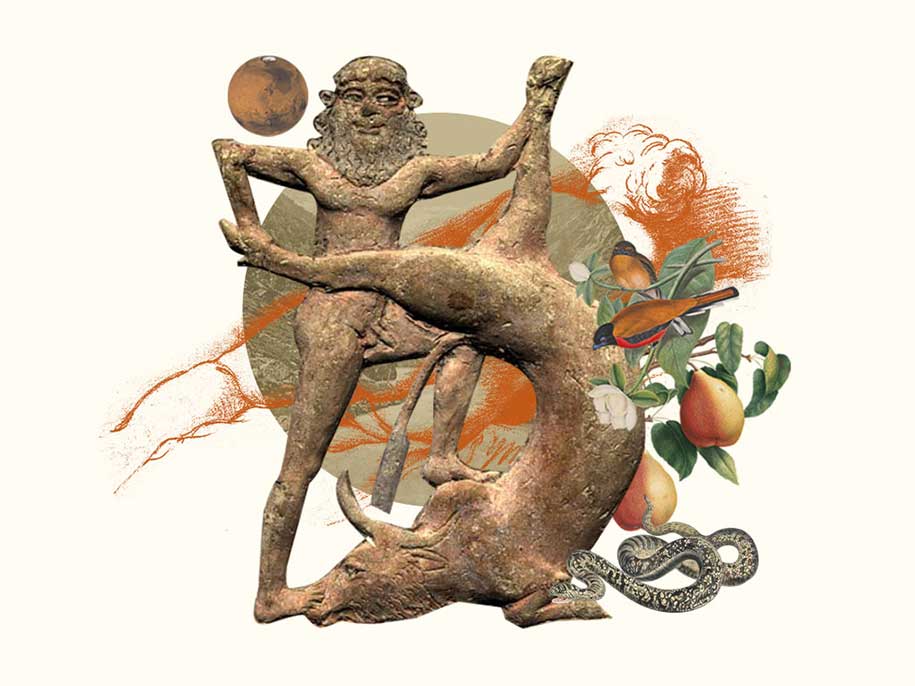
Fall 2025 Workshop
Four consecutive Fridays, from 10 AM-Noon CT via Zoom for 4 sessions Dates (TBD)
Led by:
&

Spring 2026 Workshop
Book 1&2 (TBD)
Led by:

Join Our Workshop
Workshops will feature seminar discussions in a collaborative and supportive environment, conducted through Zoom.
Summer application deadline will be May 26; notifications will be sent May 28, 2025.
Fall application deadline will be August 25; Notifications will be sent on August 27, 2025. Applications will open in June.

